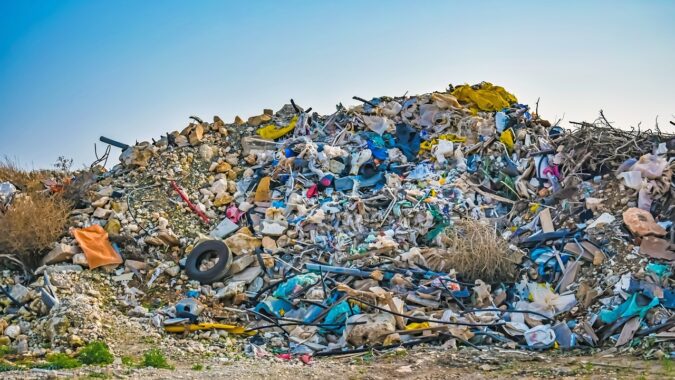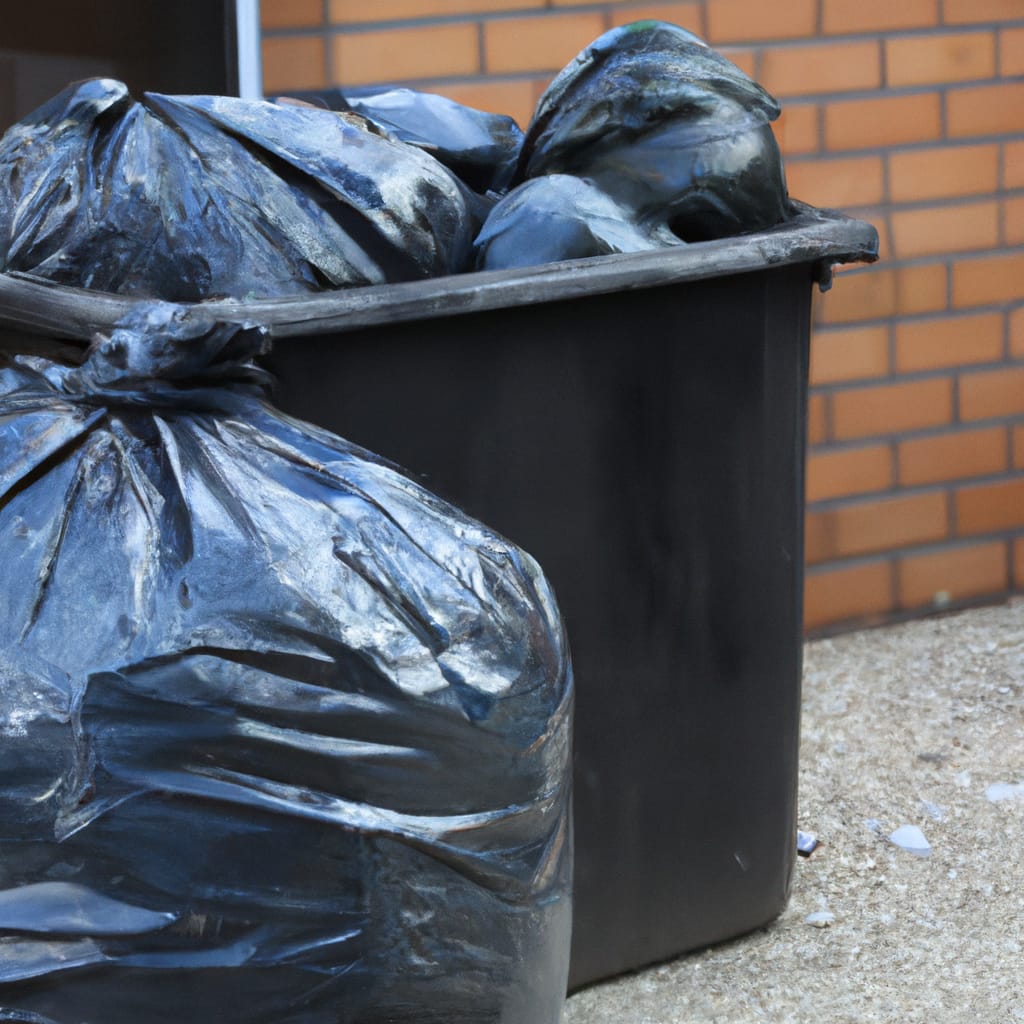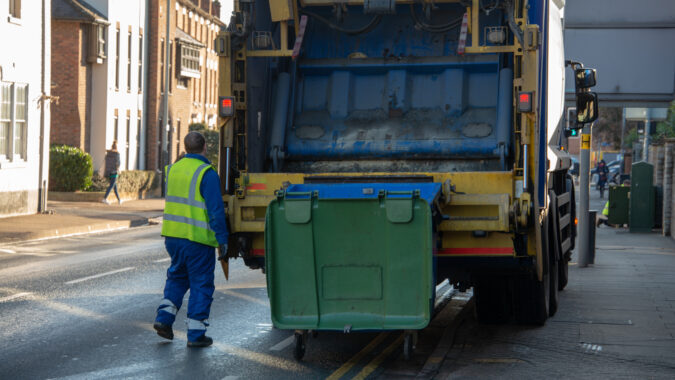Waste Facts
More than two billion tons of waste are dumped every year globally – enough to go around the world 24 times if it was all loaded up into garbage trucks. That’s an incredible amount and it’s hard to visualize. Current waste statistics show that the amount of garbage homes and business produce is growing.
There are many different types of waste produced, the way countries manage them varies, and recycling rates range across the world. We’ve compiled some interesting facts about trash in the US and globally to give an idea of the issue and why reducing how much garbage we generate and responsible waste management is important.
Understand how much garbage we produce as businesses and households with the following wide range of facts about trash and waste statistics.

World waste facts
For a sense of how much trash businesses and homes create these world waste statistics give a good insight. There’s a strong correlation between high-income countries producing higher volumes of trash than low-income and developing nations. However, the way waste is managed also varies, which affects recycling rates and disposal methods.
Get to grips with these global waste statistics:
- The average amount of waste generated per person per day in the world is 1.6 pounds (0.74kg) – but it varies greatly from 0.24 pounds (11kg) to 10 pounds (4.54kg)
- By 2050 it’s expected that global waste generation will be 3.4 billion tons per year
- Global solid waste treatment and disposal is responsible for 5% of global emissions – 6 billion tonnes of carbon dioxide (CO2) greenhouse gases
- Garbage from about four billion people goes to unregulated or illegal dumpsites that hold more than 40% of global waste
- The USA generates around 12% of global waste despite having only 4% of the world’s population
- Roughly one-third of food goes to waste that’s produced globally (about 1.3 billion tons every year)
- Sadly, more than 14 billion pounds of garbage ends up in the world’s oceans every year
- About 50 million tons of e-waste is produced annually
US waste facts
The Environmental Protection Agency (EPA) has been recording and reporting waste management statistics for the USA for more than 35 years. Various other organizations also collect data and trash statistics across the US. As one of the largest countries in the world, it’s no surprise that the USA generates high volumes of many waste types.
Here are some key waste statistics for the US:
- The US produced 292.4 million tons of municipal solid waste (MSW) in 2018
- This is a big increase over the past three decades as in 1990 the US generated 208.3 million tons of MSW
- US citizens create 4.9 pounds of trash per person per day – the highest volume per person of any country
- About $200 billion a year is spent on solid waste management in the States
- 75% of American trash is recyclable yet only around 30% is recycled
- Paper and paperboard make up around two-thirds (67%) of all the MSW recycled in the US
- $11.4 billion worth of recyclable containers and packaging are thrown out in the USA every year
- Nevada has the most tons of waste per person in landfills with 38.4 tons
- Idaho has the least tons of waste per person in landfills with 4.1 tons
- It’s believed that 40% of the heavy metals in US landfill sites are from electronic waste

Waste disposal facts
What happens to our trash and where it ends up depends on the material and where you are in the world. Sadly, lots of waste still goes to landfill sites, which have a negative environmental impact. These waste disposal facts provide an idea of where trash from homes and businesses goes.
Learn what happens to garbage in the US and around the world with these waste disposal facts and statistics:
- Landfilling is the most popular method of waste disposal – it accounts for more than 60% of the total waste management market
- There are more than 3,000 active landfill sites in the USA – and more than 10,000 closed municipal landfills
- It’s estimated that 80% of trash buried in landfills are recyclable
- In 2018 in the USA around 94 million tons of MSW were recycled and composted (32.1% of the total amount)
- More than 146 million tons of MSW (50%) went to landfills
- 35 million tons of MSW (11.8%) were combusted with energy recovery
- 7 million tons of food waste (6% of MSW) were disposed of as animal feed, via biochemical processing, anaerobic digestion, and other methods
Waste management facts
How waste management processes work are also different across the world. Richer nations generally have more regulations and processes in place to deal with trash responsibly. Waste management covers a wide area and includes everything from the ways trash is stored to collection and disposal.
Understand how it varies globally with these waste management facts:
- Two-thirds of countries have legislation and regulations for solid waste management in place
- 62% of global waste is collected in controlled at municipal facilities – the other 38% of global trash is dumped, burned, or discarded irresponsibly
- Waste collection rates vary by region – Europe, Central Asia and North America collect at least 90% of waste, but Sub-Saharan Africa collects about 44% of waste
- It’s estimated that cities will produce three times as much trash in 2025 compared to 2009
- One of the biggest landfill sites in the world is the Bantar Gebang dump in Bekasi, Indonesia – it manages up to 40 million tons of waste with a further 230,000 tons of household waste added every year
Have these facts about waste and garbage statistics inspired you to improve your business waste management? Ensure responsible commercial trash management with our waste services.

Have your waste collected
Get a fast FREE quote for your waste collection 0800 211 83 90
- Free quote within 1 hr
- Any type of waste
- FREE bins and delivery
- We cover all of the UK